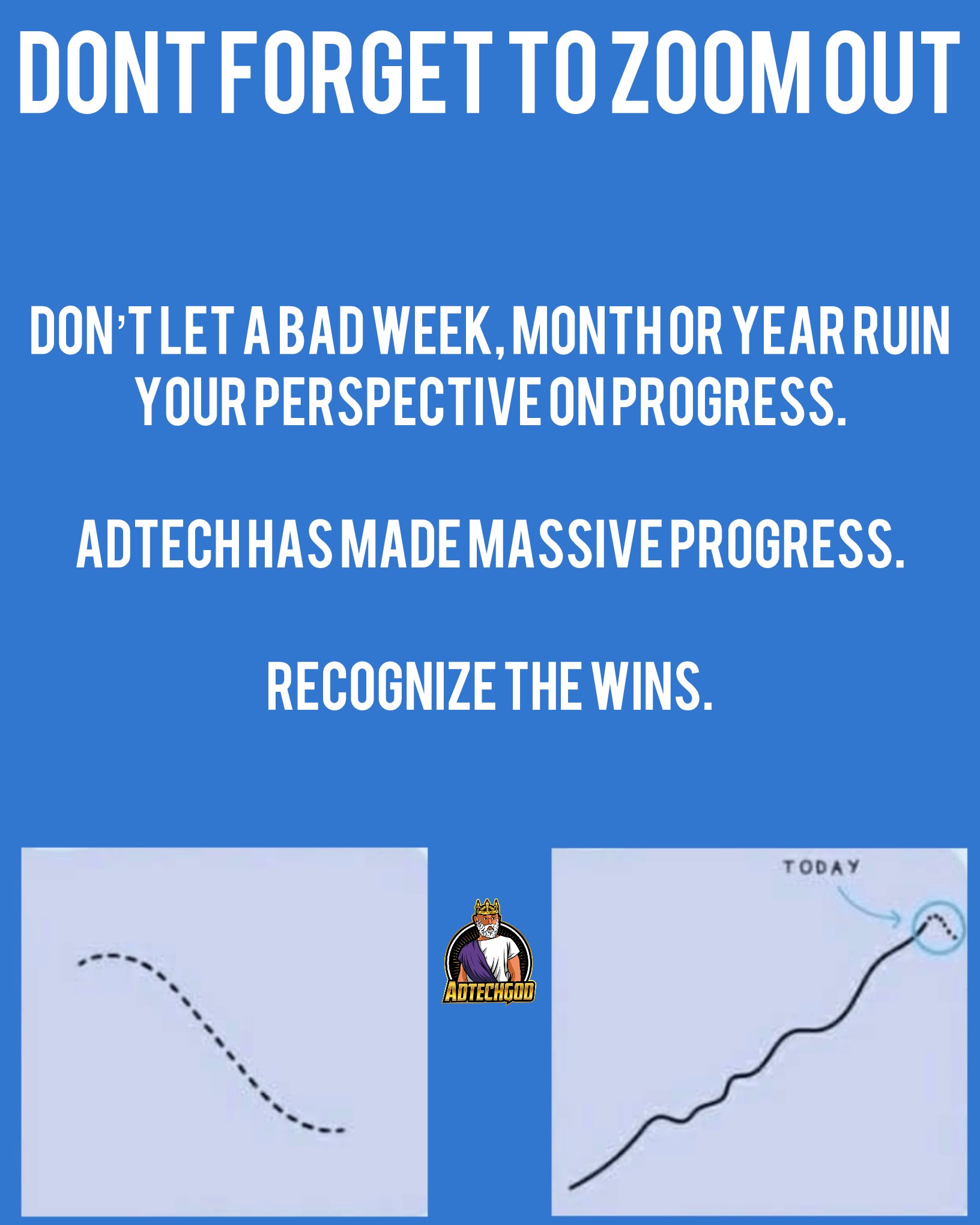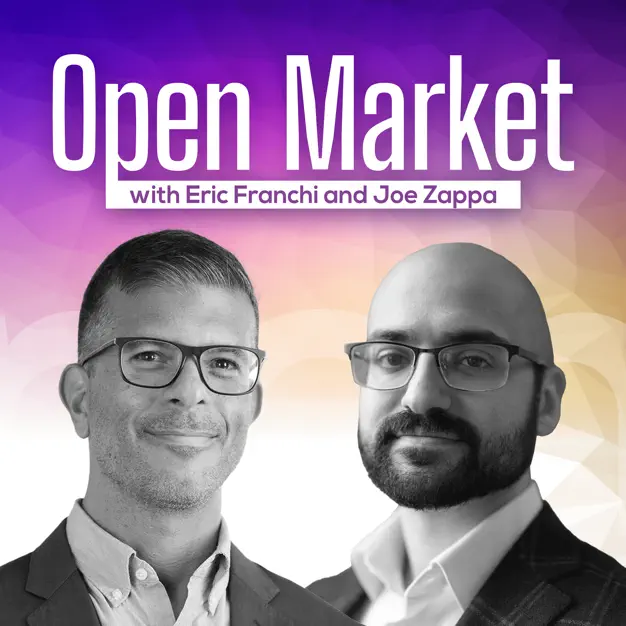Subscribe
Our subscribers are engaged digital media and advertising technology leaders.
AdMonsters is NEWS
AdMonsters is VIEWS
AdMonsters is COMMUNITY

This newsletter is AdMonsters industry skimmer. Why read every industry newsletter when AdMonsters will do it for you and tell you exactly what matters and why!
- Five story synopses each week
- Explainers on why it matters
- Industry event calendar
Get one perfect little knowledge nugget right to your inbox, with links to dive deeper, if you wish.


Our longstanding weekly newsletter, classic AdMonsters. Our editors are known for smart analysis and choosy coverage on industry-changing topics.
- Six AdMonsters stories each week
- Job postings
- Industry event calendar
Reading this go-to weekly newsletter will make you a little smarter each week. We promise.
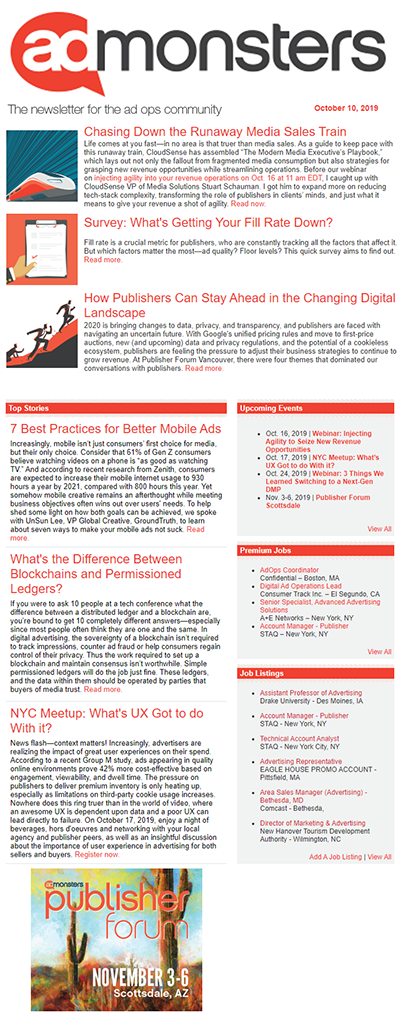
Subscribe to AdMonsters to join your people. |
Publishers





Agencies




Brands



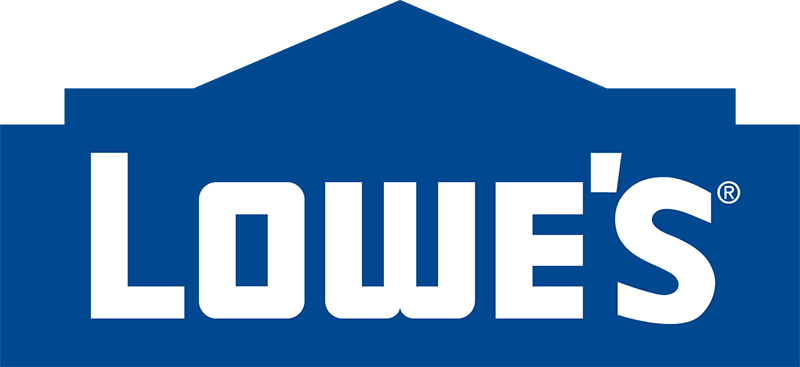

Technology Providers





Who Reads AdMonsters? |
Ad Ops
Who They Are:
The people who oversee the technology and processes for executing and transacting advertising.
Real Titles:
- Director of Digital Ad Operations
- Director, Programmatic & Ad Ops
- Global Head of Advertising Operations
- Senior Director, Ad Operations
- Senior Manager, Ad Ops Strategy
- VP, Ad Operations & Monetization
Client Services
Who They Are:
The faces of the revenue team to their stable of clients. They’re the ones who fulfill requests to keep clients happy.
Real Titles:
- Campaign Performance Manager
- Digital Campaign Coordinator
- Director, Campaign Management
- Senior Manager, Client Services
- Manager, Revenue & Client Services
- Manager, Client Services
Data/Analytics
Who They Are:
The people who are monitoring the various data streams coming in, and transforming that into actionable strategies.
Real Titles:
- Director Data Operations
- Digital Data Solutions Specialist
- VP Research & Insights
- Senior Director, Revenue Analytics
- SVP, Operations, Data Sciences
Product
Who They Are:
The people who are monitoring the various data streams coming in, and transforming that into actionable strategies.
Real Titles:
- Ad Technology Product Manager
- EVP, Product and Revenue
- Product Manager, Product Innovation
- Senior Product Manager
- SVP, Technology
- VP, Production, Digital Media & Design
Sales
Who They Are:
The closers and those that manage them. These are the folks who want technologies that ensure the best optimization and delivery for their clients.
Real Titles:
- Director, Digital Advertising Sales
- Director, Sales Operations
- Manager, Digital Sales Operations
- SVP, Sales & Marketing
- VP, Sales Operations
Finance
Who They Are:
The men and women behind the curtain. These folks need revenue, order management, and billing solutions for the media operation.
Real Titles:
- Digital Commerce Team Lead
- Digital Strategic Revenue Planning
- Exec. Director, Yield & Private Marketplace
- Manager, Digital Revenue Operations
- Senior Director, Finance & Business Operations
- Senior Director, Yield Optimization
Subscribe to Our Free Newsletters
 |
||||||||||||
|
||||||||||||
| CNN's Digital Pivot: Job Cuts, Subscriptions, and the Future of DEI in Media |
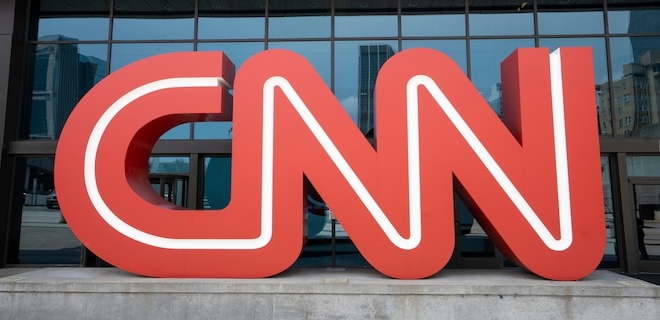 |
It's the season of the publisher pivot, and even giant media conglomerates are feeling the growing pains. CNN is cutting about 100 jobs and will introduce its first CNN.com subscription product later this year reducing the reliance on its cable TV channel. In a memo to employees, CEO Mark Thompson announced that the company will merge the television newsgathering and digital news divisions into one unit, hoping to help the network's shift towards digital expansion. The job cuts will affect various parts of the company, which employs over 3,500 people. Of course, CNN is not alone in this feat. News publishers are shifting gears in hopes of keeping up with industry changes. For instance, at Cannes Lions, Almar Latour from the Wall Street Journal warned how advertisers avoid credible news outlets due to concerns over brand safety, exacerbating these outlets' financial struggles. Publishers face hurdle after hurdle, but that does not mean they aren't looking for new strategies. Since taking over in October, Thompson has focused on enhancing CNN's digital offerings as its traditional cable business declines. The network's parent company, Warner Bros. Discovery, launched CNN Max last year, a live-news streaming service featuring high-profile content. Thompson wants to build a billion-dollar digital business and hinted at potential subscription bundles similar to those he implemented at the New York Times. CNN's prime-time viewership has recently dropped to decade-low levels, but digital initiatives are crucial for the network's future. Yet, CNN's restructuring is not without a bit of side-eye. The publisher dissolved its Race and Equality team after restructuring their news operations team. But it's really no surprise, as many major companies seem to steer further away from DEI initiatives the farther we move from 2020. The team, praised for its coverage of issues affecting Black communities, was disbanded by new CEO Mark Thompson on July 10. CNN laid off one reporter and reassigned two others within the newsroom. Will DEI continue to suffer as news publishers restructure? – AB |
|
| Perplexity Unveils Revenue-sharing Program with Publishers: Game Changer or Gamble? |
| AI chatbot Perplexity announced during VB Transform on Thursday that it will begin a revenue-sharing program with web publishers next month. Dmitry Shevelenko, Perplexity's chief business officer, revealed that advertisements placed alongside search queries on the Perplexity platform will fund this initiative. Perplexity designed the program to share revenue with publishers whose content contributes to the answers monetized by these ads. This includes revenue from links and results across both Perplexity's free and paid versions. Shevelenko emphasized that the revenue-sharing program launches with top-tier publishers and is open to anyone with a WordPress site or newsletter, not just major media organizations. Large Language Models could revolutionize how we find information online by transforming search engines into direct answer providers, eliminating the need for extra clicks. For instance, Google is exploring this with its Search Generative Experience, testing an LLM-integrated Search platform in 2023 and rolling out AI Overviews in May 2024 to give conversational responses above search links. With Perplexity launching its publisher revenue sharing program, does this mean that search is forever changed? The consensus is yes, but there is still so much uncertainty around how many problems AI will bring to search. Look at how many hallucinations AI produces. However, with a potential new revenue source, publishers are at least curious to test it out. Yet, Perplexity has been facing legal challenges and accusations of content misuse. Shevelenko defended Perplexity's practices, asserting that the company has always provided source links for its answers. – AB |
| The Trade Desk's SP500+: Reshaping Programmatic for Publishers |
| Ari Paparo, CEO of Marketecture Media, recently took a deep dive into The Trade Desk's SP500+. Far from being just another run-of-the-mill include list, it signifies a major shift towards a publisher-centric model in programmatic buying. It also feels like it’s part of a broader strategy bound to shake up the programmatic world faster than you can say "disintermediation." Let's connect the dots. This move dovetails with TTD's recent release of their Top 100 Publishers list and aligns with their OpenPath initiative, all aimed at prioritizing premium inventory and streamlining ad transactions. It's like TTD is playing programmatic chess while everyone else is still figuring out checkers. For premium publishers, the SP500+ could be a golden ticket to higher CPMs and more high-quality demand. But for the little guys — those scrappy, niche, or diverse publishers — it might feel like they're being left out in the cold. This echoes concerns raised by Albert Thompson of Walton Isaacson about TTD's Top 100 list creating digital "gated communities." With OpenPath allowing TTD to bypass SSPs and connect directly with publishers and then adding SP500+ to this mix, you've got a recipe for some serious supply chain disruption. It's like TTD is building an exclusive programmatic ecosystem, complete with VIP access for select publishers. But could this sideline publishers who can’t meet the stringent criteria? This trend toward consolidation raises some eyebrows. Are we heading towards a world where one platform rules them all? The ghost of Google's ad tech dominance past (and present) looms large. For publishers not in the SP500+ or Top 100 club, it's time to get creative. Double down on your unique value, explore new revenue streams, and maybe start knocking on TTD's door. As for SSPs,this is a call to action. They might want to start innovating faster than you can say "header bidding." As the industry evolves amidst cookie deprecation and demands for better quality, one thing's for sure — The Trade Desk is playing to win. The question is, will this drive for efficiency and transparency come at the cost of diversity and innovation in digital publishing? Only time (and probably a few more TTD announcements) will tell – LdJ |
| Apple's Ad Ambitions: From Privacy Crusader to Taboola Teammate |
| Big news dropped from the Apple tree: they chose Taboola to power native advertising in Apple News and Apple Stocks. The partnership is a massive validation for Taboola, which has ballooned to over $1.4 billion in annual revenue. The news is stirring up quite the conversation in ad tech land, with Jay Friedman from Goodway Group likening the deal to, “Louis Vuitton partnering with Goodwill.” Meanwhile, Scott Messer of Messer Media countered Friedman’s remark with a mic-dropping rebuttal, arguing that it was “actually quite brilliant,” highlighting Taboola's robust ad tech operations, unique demand, and potential to improve monetization for publishers on Apple News. Maybe we can start talking about taking Apple News monetization from zero to hero. AdMonsters has been speculating about an Apple ad network since 2020 when the tech giant started making overtures to publishers amid privacy changes in iOS 14. Historically, Apple’s ad adventures have been a rollercoaster, from the iAd experiment to teaming up with NBCUniversal. As we watch this unfold, one can't help but wonder: Is this Apple's way of having its privacy cake and eating its advertising revenue too? With privacy being Apple's new religion, could the tech giant be outsourcing ad sales to maintain their polished image? Whatever it is, it’s clear that mobile monetization will shift, and Apple is determined to be a player - even if it means teaming up with an unlikely ally. – LdJ |
| @{optoutfooterhtml}@ |
|






